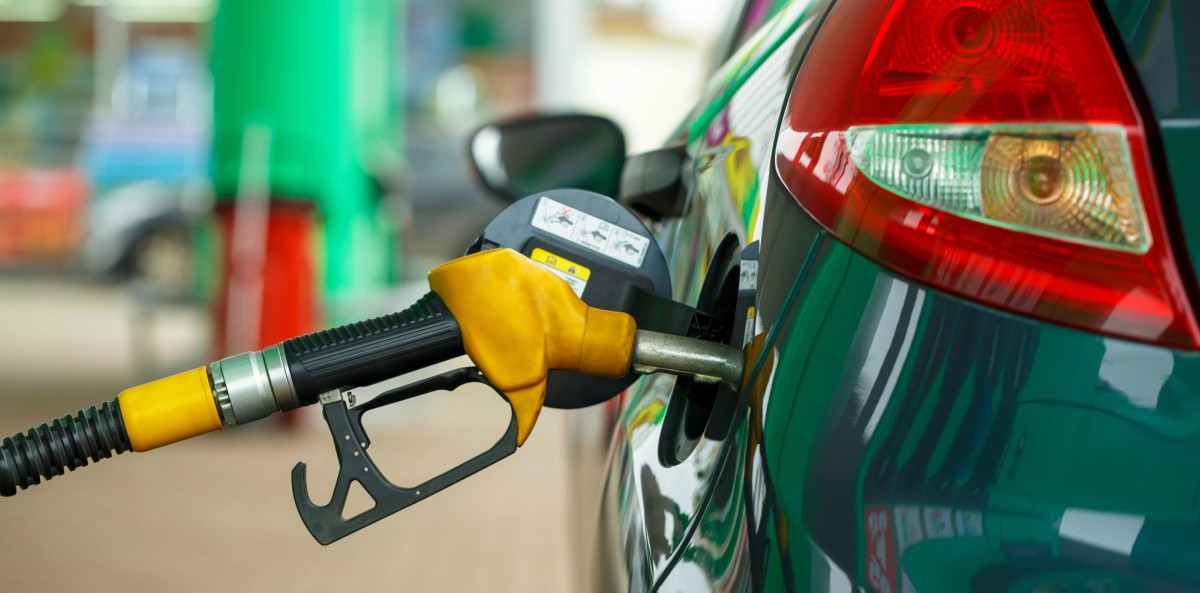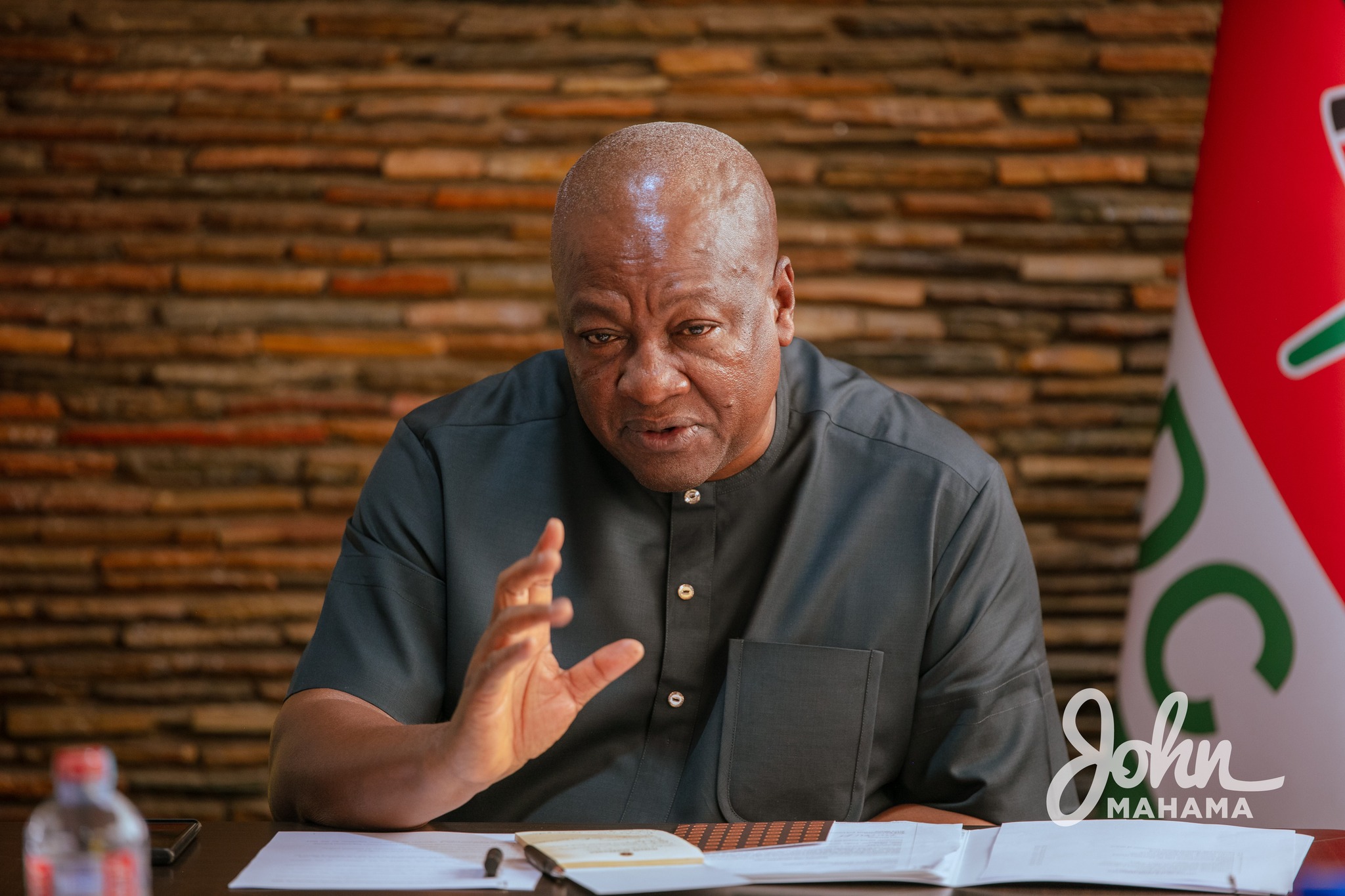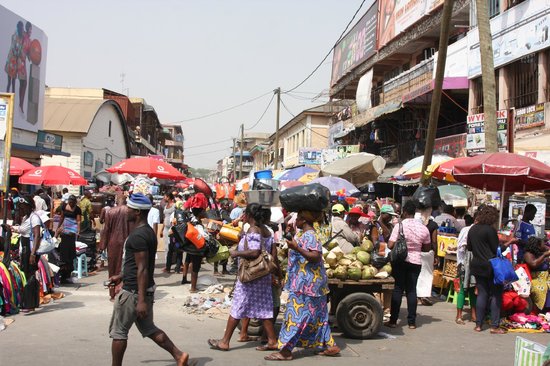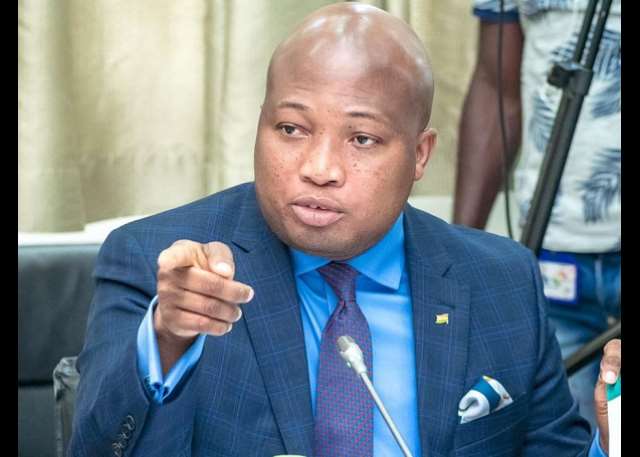The Institute for Energy Security (IES) says Ghanaians should expect to pay more for fuel in the coming days.
This is due to the increase in world market prices as well as the cedi’s depreciation.
Although crude is currently selling at $84 per barrel, there is fear that with the tension in the Middle East, the product could hit 100 dollars soon.
Speaking to JoyNews, the Executive Director of the Institute for Energy Security, Nana Amoasi VII said the development will have some implications for struggling economies like Ghana.
He predicts that pump prices could hit ¢18 for diesel and petrol in the next few weeks.
“What we see is that within the next six weeks, prices or international prices will go up and so we will be hit domestically. We also know that the cedi is not performing well against the dollar, the importing currency. That forex exposure will also hit us domestically.
“We also know that government may not be willing to reduce taxes and levies on fuel so we are not expecting any reduction in the coming six weeks. So we can project that prices of gasoline, LPG and gas oil may not drop in the next six weeks,” he said.
Touching on this, the Head of Economic Regulation at the National Petroleum Authority (NPA), Abass Ibrahim Tasunti insists the authority cannot interfere in the pricing of petroleum products.
“NPA does not regulate the prices. We don’t tell the marketers that set your price at so and so. It is influenced by these key factors; the world market price, the exchange rate and then the margin that they set. Taxes are also part of the price.
“They know very well that taxes on petrol have not been increased but the prices of petrol are going up because of the world market price. All the petroleum products come from crude oil so once the crude oil price is going up, it affects all of them.”
Meanwhile, the various transport unions are engaging the Transport Ministry on proposals to increase fares following recent adjustments in fuel prices.
Deputy Public Relations Officer with the GPRTU, Samuel Amoah says the drivers are proposing a 30 percent increment.
“In January, the leadership came up with an increment of 20 per cent of which the Ministry said we did not use the right procedure to increase the fares.
“We had a meeting and put everything on paper so the 20 per cent negotiation started in January and even by then the fuel price was not where it is now.
“The 20 per cent that we came up with, we considered the cost of spare parts, cost of lubricant, taxes, insurance and DVLA taxes. Those were the components that we used.
“Now, last Wednesday there was an increase in the prices of fuel. On Thursday there was an increase again and even today we are not looking at 20 per cent again, we are looking at around 30 per cent.
“We think if we are increasing the fares by that margin it will support us a little bit for us to keep on running our services. So we expect the Transport Ministry to come into agreement with us”.
But the Public Relations Officer of the Concerned Drivers Association, David Agboado says his side will settle for a 20 per cent increment in fares.
Source: Joy News





